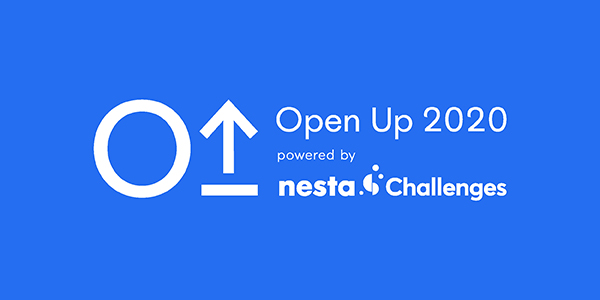
KEY RECENT CASES – JESS VARNISH V BRITISH CYCLING
In a judgment handed down on the 14th of July 2020, Jess Varnish, the former track cyclist, has lost her appeal in her employment tribunal case against British Cycling.
The ruling brings to a close a four-year saga, which was triggered by Varnish’s abrupt dismissal from British Cycling’s elite programme a few months prior to the Rio 2016 Olympics. Varnish, 29, argued at a Tribunal in 2019 that she should have been considered an employee of the governing body or funding agency UK Sport and therefore subject to the same protections. Her appeal against that ruling has now been dismissed after a two-day remote hearing in May.
The appeal was provided over by the sitting President of the Employment Appeal Tribunals, Mr Justice Choudhury. In his decision, Justice Choudhury said the tribunal “had not erred” in ruling that Varnish did not have employee or worker status during her time at British Cycling, but were more akin to ‘students receiving grants’.
The ruling is significant because, had Varnish been successful, it would have paved the way for her to sue both British Cycling and UK Sport for wrongful dismissal and sexual discrimination. The decision itself is an immaculate articulation of the law around the employment status test. This case reviews and summarises the legacy of common law around employee and worker status.
Employers engaging with contractors should take note: this is currently the most up to date expression of how the legal tests will be applied to the question of whether workers fall inside or outside of IR35. However, there is an even more authoritative ruling in the pipeline.
UBER BV & OTHERS (APPELLANTS) V ASLAM AND OTHERS (RESPONDENTS)
It seems everyone is familiar with this case. The long running saga of Uber drivers contesting their status has led to countless new stories, the Mayor of London suspending Uber’s licence in the City, and a war of words between Unions and those business’ operating in the ‘gig economy’.
The case was heard by the Supreme Court on the 21st and 22nd of July 2020, before a bench of seven Justices. The star power on the bench was reflected in the highest calibre of Counsel instructed by the parties, Dinah Rose QC, Jason Galbraith-Marten QC and Oliver Segal QC respectively.
The issues to be determined can be succinctly summarised as:
- Whether the drivers were “workers” providing personal services to Uber;
- If the drivers were “workers”, what periods constituted their “working time”.
The drivers are all members of a group of companies providing private hire vehicle booking services in the UK and internationally. Journeys are booked through Uber’s smartphone app, which connects passengers to drivers.
The Respondents are drivers who are or were active users of that app. The Respondents contend that, during the periods covered by their claims, they were “workers” for the purposes of the Employment Rights Act 1996, the National Minimum Wage Act 1998 and the Working Time Regulations 1998.
As such, the Respondents claim that they were entitled to the minimum wage, paid leave and other legal protections. The Appellants argue that the Respondents were independent, third party contractors and not “workers”. Following a preliminary hearing, the Employment Tribunal found that the Respondents were “workers” and that they were “working” whenever they (a) had the Appellants’ app switched on; (b) were within the territory in which they were authorised to work; and (c) were able and willing to accept assignments.
These findings were upheld by the Employment Appeal Tribunal and the Court of Appeal.
The Appellants now await the finding of the Supreme Court, expected later this year, on this crucial employment status test case. Whatever the finding, this decision will become the highest authority on the employment status test in UK law.
Read more > You can download our full blog here
We are also offering a FREE one-hour consultation to Manchester Digital Members, to answer any questions you may have.









